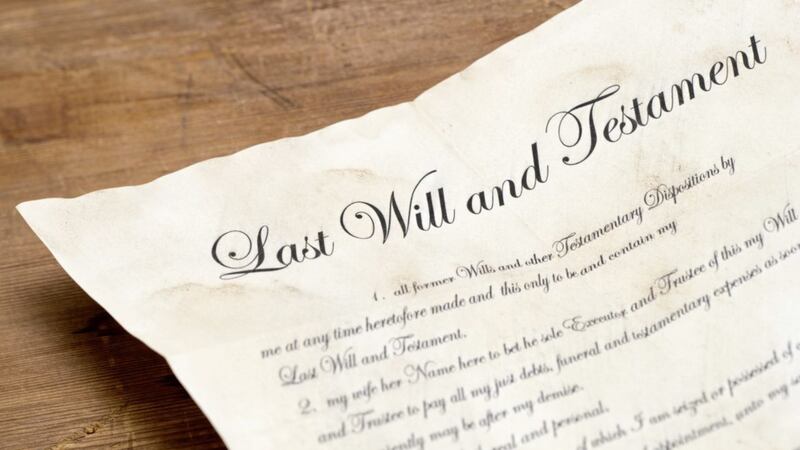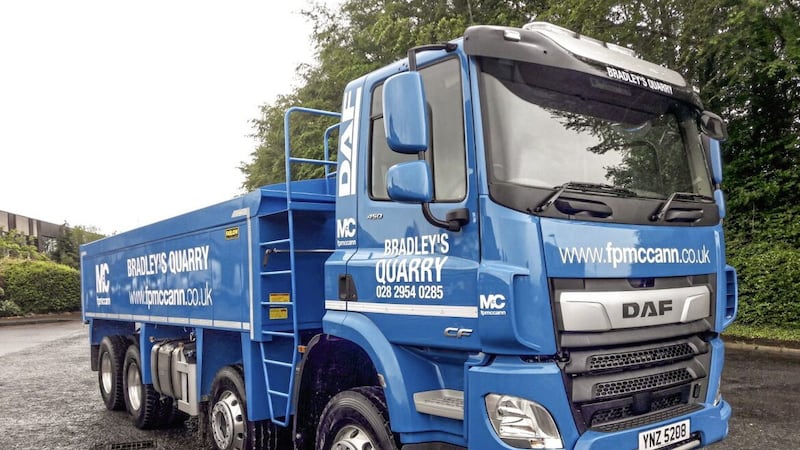HAVE you made a will? The chances are probably not. Last year the charity Will Aid noted that only 37 per cent of adults in Northern Ireland had made one, a surprising statistic indicating that the public are still unaware of the necessity of drafting such an important document.
A will allows the will maker (testator) to outline their wishes regarding the distribution of their estate, that is to say all their property, possessions and assets which have been accumulated over the course of their lifetime, on their death. Planning for the future is disregarded by many as bereavement is a topic which many people find difficult to talk about.
Whilst only coming into effect upon the death of the testator, wills represent the most significant transfer of personal property that many individuals will ever make. Having your wishes recorded will help your loved ones at a difficult and distressing time and will help to avoid unnecessary delays on your death.
A will gives you control over who will manage your estate and administer your affairs after your death so it is important to choose someone who is trustworthy and reliable. You decide who will benefit from your will and to what extent. However, if you fail to make reasonable provision for anyone who is financially dependent upon you at the time of your death, they may be able to bring a claim under the Inheritance (Provision for Family and Dependants) (NI) Order 1979.
On the other hand, if you have not made a will, you are deemed to die intestate. This means your estate will be distributed according to specific intestacy rules which may result in different people benefitting than who you had intended. Therefore, it is imperative to take control of your affairs and clearly document your intentions.
Life is full of uncertainty but providing for our families is of paramount importance to all of us. Wills allow you to choose a guardian for your children and you can ensure that they are provided for financially.
By setting up a trust you can decide when they will receive the proceeds of the trust and for what purpose. Trusts are often complex so legal and tax advice should be sought to ensure the trust is properly structured. Good estate planning can also help to reduce the amount of inheritance tax. When the modest cost of preparing a will is compared to the potential savings, making a will is a very prudent investment.
Wills can be altered or revoked at any time before death. It is important to remember that marriage will automatically revoke a will unless it has been made in contemplation of such an event. It is recommended that you review your will every three to five years or after certain significant events which alter your personal or financial circumstances.
If you haven’t made a will or reviewed your will recently, you should do so now. This is not something to be continually put off.
It is advisable to consult a solicitor who can guide you through the relatively inexpensive process and plan for how you wish your property to be distributed when you die. This in turn will provide peace of mind that you have documented your wishes and taken care of planning for you and your family’s future.
:: Anne Wilson (anne.wilson@mckees-law.com) is an associate in the private client team of McKees (www.mckees-law.com)







